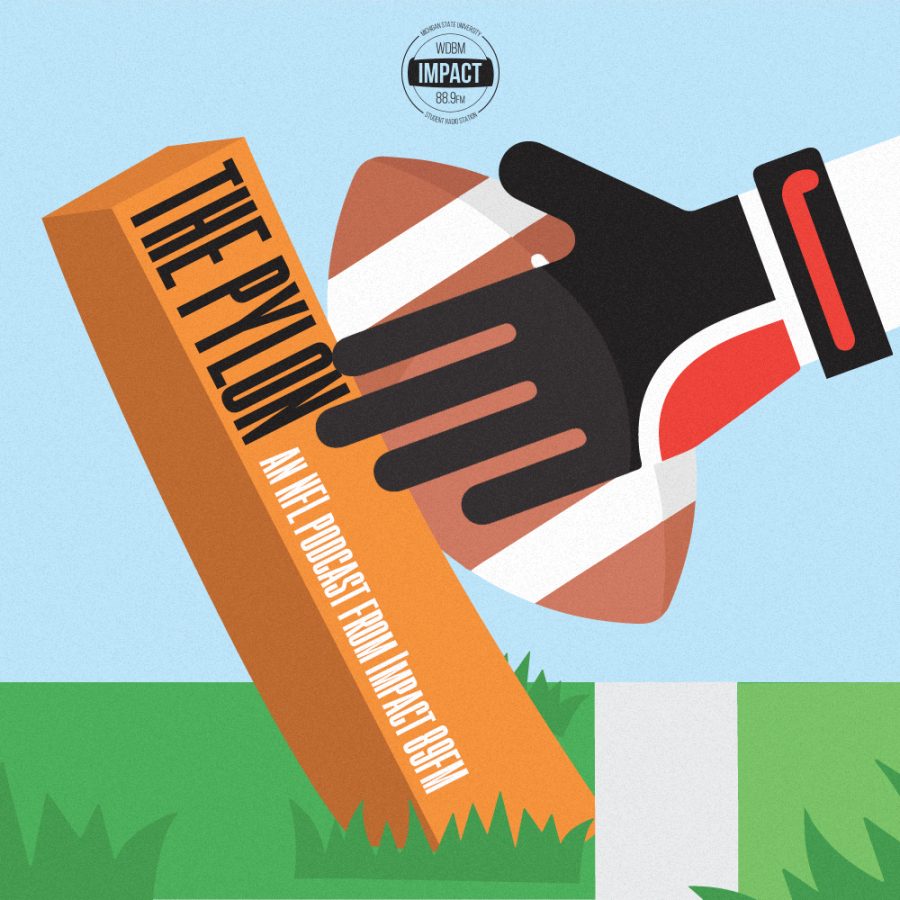We Watch It For The Music | Fighting in the Age of Loneliness
January 31, 2020
I don’t know much about sports. I rarely watch any sporting events on TV and don’t actively pay attention to the current events. When it comes time to make allegiance to a team during the Superbowl or NBA Finals, my methods are pretty simple: find a player from either team that is absurd, outspoken and braggadocious in interviews and champion their squad. That’s why I loved the Seattle Seahawks when Richard Sherman was a member; it’s why I love Joel Embiid and the Philadelphia 76ers now.
I’ll give an example into my unawareness of sports: despite being born and raised in Ann Arbor, I never knew anything about the University of Michigan’s Fab Five until I was 17 years old and watched a 30 for 30 special.
Feature films and documentaries are, for the most part, how I educate myself on the happenings of professional athletics. As a result, I’m often 15 years behind on anything and have to wait until an engaging movie comes out.
Last year I had a similar experience when SB Nation, the sport-oriented outlet of Vox Media, released a five-part documentary Fighting in the Age of Loneliness. The series is a collaboration between Felix Biederman and Jon Bois, who serve as writer/narrator and director/editor respectively.
Biederman is a co-host and one of the founding members of the political commentary podcast Chapo Trap House. The show began in 2016 in the lead-up to the presidential elections between three far-left socialists who met on Twitter. Since its start, the show has topped the Patreon streams list and received critical acclaim for its humor, as well as its ability to break down complex political issues and make them easily digestible.
Biederman brings this same humor and know-how to the writing of Fighting in the Age of Loneliness. He covers the history of mixed martial arts through its roots in Japan, development in Brazil, and eventual monetization in the UFC and Pride Fighting. To call this a sports documentary is a reduction of what it really is though.
Biederman doesn’t keep his political opinions out of this – and to be honest, why would you want him to? He gained a following for offering his irreverent, hilarious commentary as @ByYourLogic on Twitter and is now a New York Times bestselling author for The Chapo Guide to Revolution, written by himself and the other hosts. Rather than presenting just a straight history of events in mixed martial arts, Biederman explains socioeconomic factors that contributed to the development of the sport. As the series progresses, he delves more and more into the sport’s direct connection to Republican politics, Japanese organized crime and American corporate culture.
This hyper-specific approach is what Biederman has always thrived at; he picks up on weird, little details that should be unimportant and connects them to a much larger cultural discourse. As Will Menaker, one of Biederman’s Chapo co-hosts once said, “It’s another one of these mind viruses that you’ve continually infected me with, but yet are strangely also correct and never wrong.” As it has done to me, that’s exactly what this series will do to you.
Jon Bois was the perfect choice to guide something this wonderfully niche. Bois, the creative director of SB Nation, is a cult legend in his own right. Just as Biederman handles politics, Bois approaches sports with a similarly bizarre point of view. He has directed specials in the past that highlight hyper-specific moments in sporting history such as The Search for the Saddest Punt in History. He is mostly known for his speculative fiction about sports such as 17776, an extremely ambitious project that examines a future where American football has created new rules that allow for games that go on for literal years, involve thousands of players, and are played on fields that are thousands of miles long.
Bois has distinctive editing style that involves the visualization of data through charts, graphs and maps. Honestly, trying to describe it wouldn’t do it justice, but it’s essentially a two hour long Prezi. Throughout the series, Bois does unexpected creative choices such as scanning over Google Earth maps of relevant areas, and playing archival footage of fights through a watercolor-like filter.
This series is tailor-made for someone like me. Biederman’s narration is comprehensive enough to provide a history but is also completely self aware. While he’s clearly a lifelong fan of mixed martial arts and comes from a place of admiration, he’s aware that what he’s analyzing is really silly and acknowledges the absurdity of the sport.
Here’s a particularly good bit of narration that’ll give an idea to Biederman’s perspective. “Shamrock looked like he was chiseled out of rock, using the sharpest needles filled with the finest Anavar, and seemed intense and cool in a now-embarrassing 1990s way.”
At the same time, Bois’ unconventional editing style and creative direction elevate this beyond the common sports documentary.
What usually happens when I write a “We Watch It For The Music” has happened again; I’ve neglected to even touch on the music. Well, better late than never right?
Considering what is typically seen in the UFC, such as the outlandish behavior of fighters to the haircuts and tattoos they have, one would expect the music to have a certain tone: probably some lame hardcore punk rock like Rise Against or something.
However, the soundtrack perfectly matches the bizarre nature of the docu-series. It’s made up entirely of electronic-based compositions that often feature elements of piano, strings and saxophones. The tracks range in tone, from melancholic to dramatic to relaxing, depending on what input Biederman is offering. What it really reminds me of are the original scores that Trent Reznor and Atticus Ross provide for literally any movie that David Fincher makes.
A perfect example of this comes in the second chapter of the series. As Biederman explains the origins of the UFC, hypnotic “Drifting Memory” by composers John Epping and Michael Hornstein. The track has a consistent piano riff and snares running throughout that complement a smooth saxophone solo. It kind of sounds like elevator muzak. The track is upbeat and bouncy but incredibly relaxing at the same time.
Now remember that Bierderman is explaining the history of UFC owner Dana White and his connection to Donald Trump. This is the type of counterbalance that runs throughout the entire series. Beautiful modern compositions play as a backdrop to images of bleeding fighters and ridiculous narration from a socialist podcaster.
Another example of how it all fits perfectly together is the very beginning of the first chapter. A track called “Sofa Panorama” by David Kpossou plays over a disclaimer that warns against grisly images, which then leads into Biederman’s thesis: “Fighting for money is a story of exploitation.” The track is a nearly five-minute composition of that slowly builds upon itself. It starts as a single piano note is slowly followed by a higher keynote every ten or so seconds. Eventually strings are incorporated in, as well, as droning electronic-based embellishments. The rising action of this track, coupled with Bois’ striking visuals and Biederman’s almost poetically written narration, prime the viewer for what’s to follow.
The opening two minutes of this series are a great example of a soundtrack playing a necessary part in a piece of media. The compositions used throughout this series elevate everything Biederman says and create an extra layer of drama and suspense to his storytelling.
The docu-series is a love letter to a weird profession from two equally weird individuals. It’s perfect for me because I need a weird hook that has nothing to do with sports to become interested in them. If you’re a devoted fan of the UFC,mixed martial arts or just sports in general, I can’t recommend this highly enough. Just know that it’s probably not going to be what you expect.
Fighting in the Age of Loneliness is available to stream in its entirety on YouTube.







































